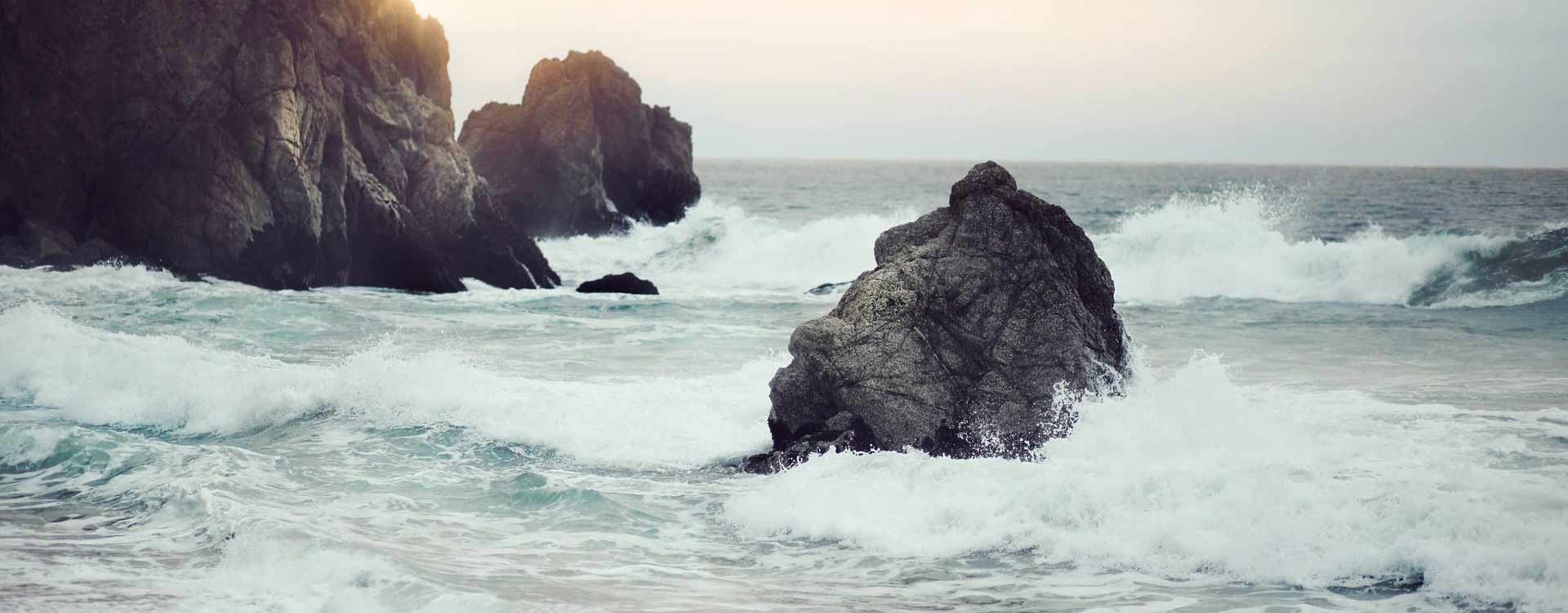Blustering cold winds, white-outs that limited his sight and a run-in with a grizzly bear combined to cut his expedition short. He was to end his trek at Baker Lake in Nunavut, northern Canada on June 1.
But what he learned along the way, he said, was a reminder to himself about the power of the human mind and the resilience of the human spirit.
Finding internal sunshine
Steger said he first relied on mere moments of sunshine to lift his spirits. But as days of bleak weather persisted he said he had to reach deep inside himself and find his own “internal sunshine.”
“I was able to produce that energy in myself, without the sunshine … To have that happen and to pull that out from wherever that comes from, it was a very good experience for me,” said Steger, who led the first dog sled journey to the North Pole in 1986 and pioneered expeditions across Canada, Greenland and Antarctica.
“It’s just simply the power of our mind. We probably tap into 3 percent of our power and knowledge,” he added. “It’s just tapping into a larger percentage of your human potential.”
Steger said he believes anyone can create their own thoughts. And it’s those thoughts, he maintained, that pulls folks through, especially through the most challenging of times.
Call it the power of positivity.

Expedition Photographs. MPR Photo | Jennifer Simonson 2013
“Positive and negative make it sound simple, but you create your thoughts. Thoughts, however, are only the beginning,” he said. “Following through on your dreams and visions is even more important.
“There’s a lot of dreamers, dreaming is very important, but it’s really the dreamer and the doer,” he added. “You’ve got to be the doer.”
Forming your own energy
Steger said he steadfastly believes in the power of beauty, and that positivity and beauty are linked and when combined they are a form of energy.
Steger said there are two choices: To be positive or negative, and when you make the choice to be positive or negative, you attract like forces.
He recognized that it’s easy to be negative, saying it can be “like a drug.”
But when you start being negative you draw negative people and experiences. By being positive, you become part of positive energy.
And the key to endurance is not forcing yourself through something, but rather it’s working to continually open your heart and give yourself over to it.
“A little bit of cold is nothing,” he said. “You know what’s hard? The psychological challenges we go through: rush hour traffic, being stuck, working a job, waiting in lines, having a relationship that you’re always negotiating, being in debt, not getting ahead, politics not going your way, the technology that’s not working for us, or is working for us, and entertaining us, but we’re still not really there and happy,” he said. “That’s hardship. Cold weather, being exhausted at the end of the day, that’s a pleasure, because you’re hungry and you go to sleep and you wake up in the morning fresh.”
Seeing climate change first hand
Having explored much of the world’s cold climates, Steger has seen the realities of climate change, he said. But he said he doesn’t let that get him down.
“I’ve studied it all my life and I’ve seen the ice and I know where we’re going,” he said. “Very few people realize the seriousness and repercussions of this — and yet I don’t get down by it.”
In his mind, he said he works to strike a balance, works to stay positive and maintain faith in the human spirit.
“The human spirit is a very powerful thing. There’s also living with the proper intent, and to me, that’s based around goodness and kindness.”

Steger Wilderness Center
‘Don’t recycle!’
The center produces its own power and water. It’s also a zero-waste facility, which Steger said should be everybody’s personal goal and that the biggest impact we can have on the climate is to reduce our garbage.
“Recycling is just a band-aid. Don’t recycle! Go towards zero waste,” he said. “You won’t be there right away, just start from the beginning and immediately 50 percent of your trash can be gone and then work towards it.”
You can visit Steger’s website to stay current with his projects and expeditions.
This story is brought to you with help from the Pohlad Family Foundation



